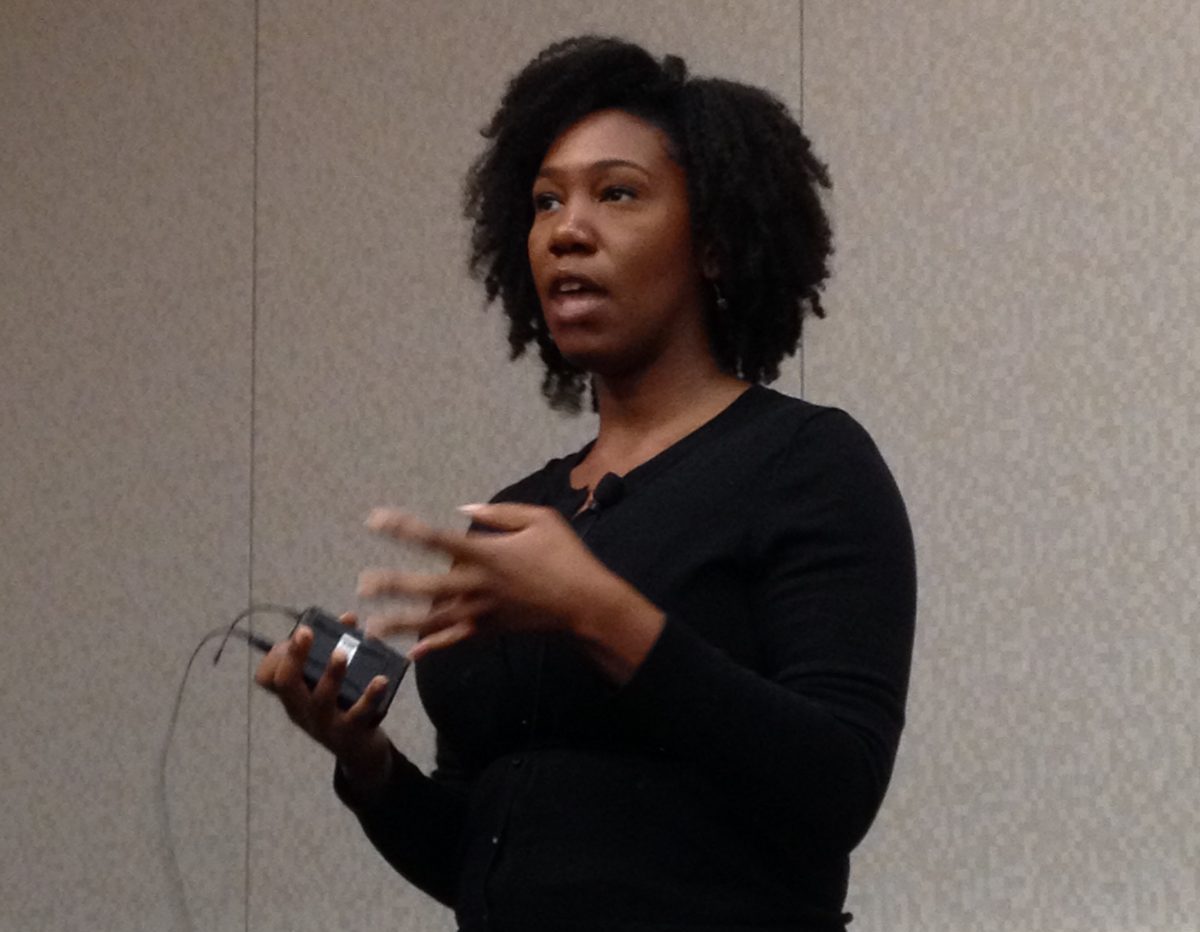
There is a growing interest in reimagining the relationship between the public health and the justice systems. Our coverage of the new report, “Stress on the Streets (SOS): Race, Policing, Health, and Increasing Trust, not Trauma,” last month highlighted innovative ways that public health and criminal justice reform organizations are collaborating to do just that.
Another example is a new collaborative organized in part by one of the report’s authors, Human Impact Partners. They worked together with the Vera Institute of Justice to organize the Criminal Justice and Public Health National Convening last November (with support from the Ford Foundation and Open Philanthropy), which I attended.
The goal of the convening was to build a movement of cross-sector partnership and collaboration to end mass incarceration and move towards a justice system that can actually promote health, rehabilitation, and healing.
I was recently brought on to the advisory committee to help shepherd the future development of this work. More than 30 national and local organizations make up the core group that is working to develop a larger mission and vision for a criminal justice system that operates according to public health values of prevention, harm reduction, and trauma-informed care.
What if more public health systems viewed harm in the criminal justice system as a health problem to be analyzed? What if criminal justice reform groups began to understand and frame issues of criminal justice through the lens and principles of public health? What if public health and criminal justice reform organizations could work together to build a justice system that works?
EJUSA’s trauma advocacy initiative is strengthening ties between public health and the justice system through innovative projects on the municipal level. I am able bring these experiences to the national collaborative’s working groups, which are focused on cross-sector collaboration, policy change, best practices, metrics, and more.
We are excited about the opportunity to explore these questions and contribute to these national conversations about building a new justice system.



